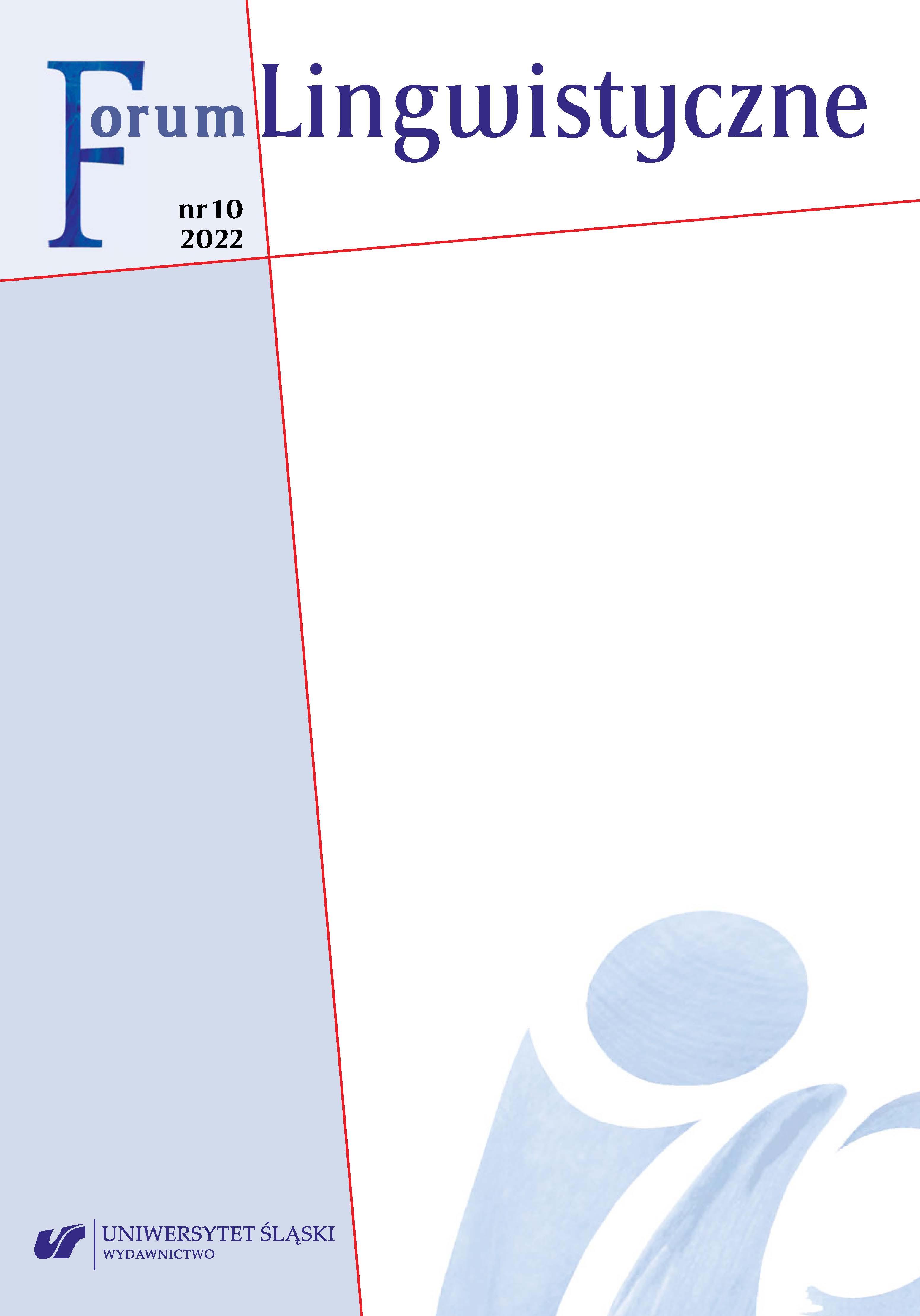Speech-language pathologists’ collaboration with interpreters: How to reach successful outcomes
Speech-language pathologists’ collaboration with interpreters: How to reach successful outcomes
Author(s): Henriette W. Langdon, Terry Irvine SaenzSubject(s): Applied Linguistics, Communication studies, Vocational Education, Translation Studies, Pedagogy
Published by: Wydawnictwo Uniwersytetu Śląskiego
Keywords: speech-language pathologists-interpreters’ collaboration; speech-language pathologist’s perspective of the process; training of speech-language pathologists and interpreters
Summary/Abstract: Conducting a speech and language assessment with the mediation of an interpreter is one of the greater challenges facing speech-language pathologists (SLPs)1 both in the United States and worldwide when needing to assess linguistically and culturally different clients (McLeod & Verdon, 2017; Santhanam & Parveen, 2018). The process requires the collaboration of three parties: the service provider, in this case, the speech-language pathologist, the consumer (the client and/or parent, relative or spouse) and the interpreter. This paper provides an overview of the literature on perspectives of educational and medical speech-language pathologists and process and presents an outline of a program to train both the interpreter and the speech-pathologist simultaneously to reach a successful collaborative outcome.
Journal: Forum Lingwistyczne
- Issue Year: 2022
- Issue No: 10
- Page Range: 1-15
- Page Count: 15
- Language: English

